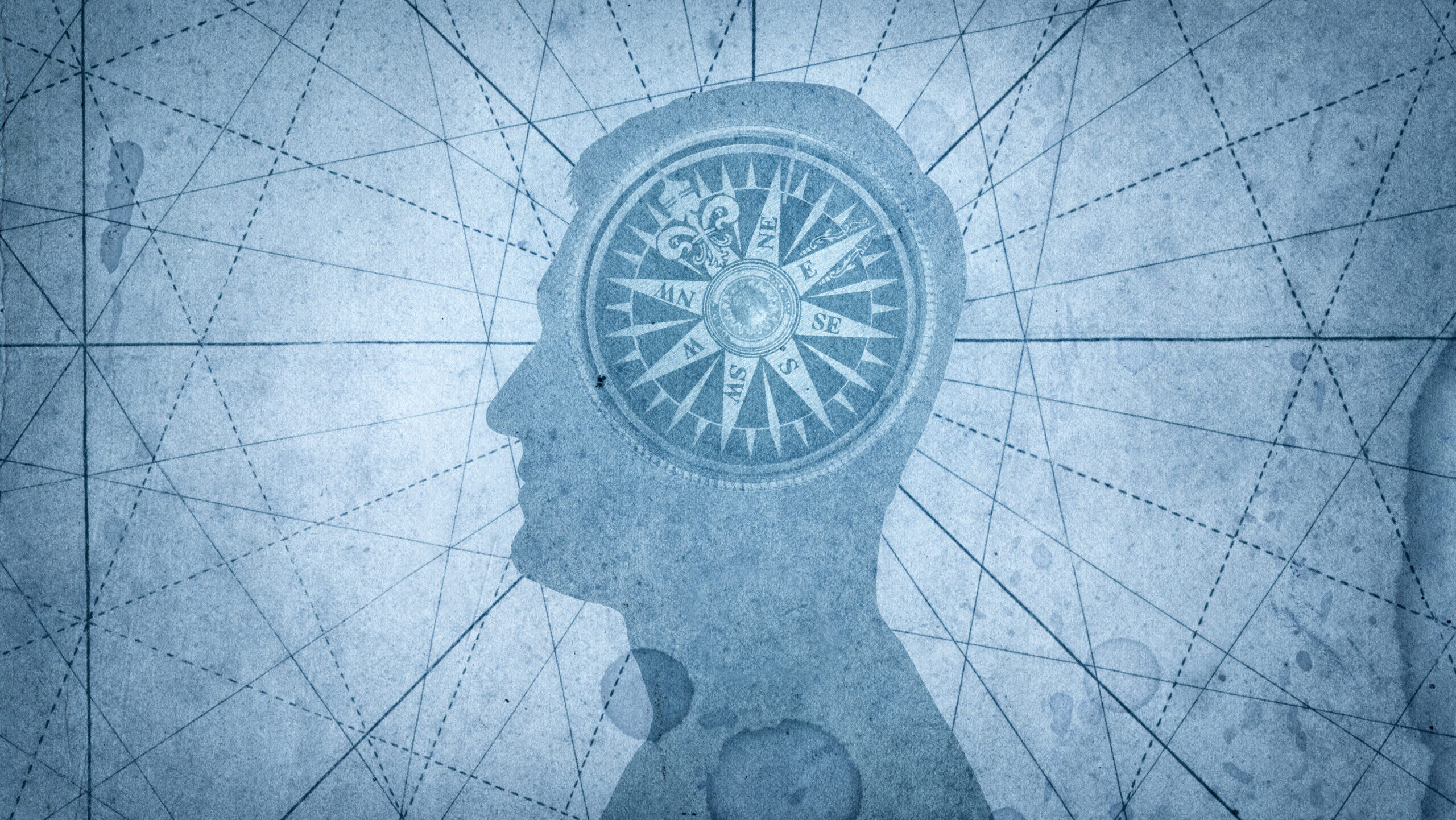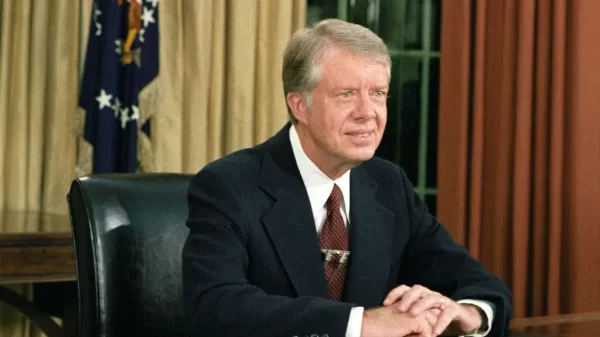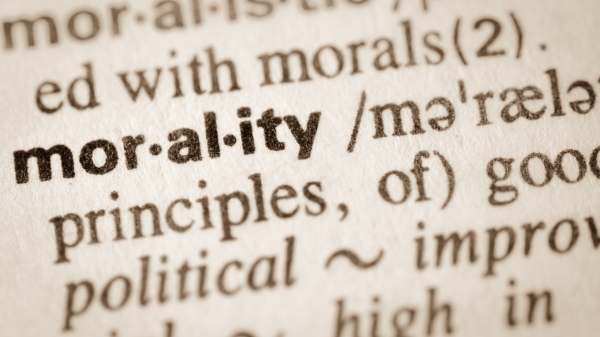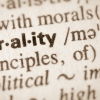|
Getting your Trinity Audio player ready...
|
Morality — a word that evokes ancient philosophers, sacred texts, and spirited debates — is both a guide for society and a mirror reflecting its complexities. As the New Year approaches, it offers a poignant moment to reflect on morality’s essence and its role in shaping a brighter future. In an age where discourse often collapses into soundbites or inflexible dogmas, we risk losing sight of morality’s true depth. History reminds us that morality thrives not in simplicity but in the nuanced interplay of principles, compassion, and reason.
Moral understanding is neither static nor universally preordained. It evolves as a living construct, shaped by human experience, societal progress, and the wisdom of past generations. Yet amid this evolution, certain tenets — respect for human worth, liberty, justice, and autonomy — possess a universal quality that transcends time. These timeless ideals form a foundation for meaningful progress. By learning from history, respecting diverse perspectives, and challenging unyielding thinking, we can address today’s dilemmas with clarity and purpose. This introspection provides a path forward as we step into the New Year.
The annals of time are rich with moral lessons, illustrating humanity’s struggles for fairness, freedom, and respect for intrinsic value. The abolition of slavery in the United States marked a pivotal moral turning point. Achieved through a painful and prolonged struggle, it revealed the enduring strength of conviction and the devastating price of inaction. Abraham Lincoln’s Emancipation Proclamation, though framed as a military strategy, carried a deeper purpose: ending an abhorrent institution. Aligning strategic goals with moral clarity, it became a milestone in the fight for human worth.
Conversely, history reveals the devastating consequences of motives misaligned with justice and compassion. The Trail of Tears — justified by the government as a step toward national growth — was driven by greed and an insatiable hunger for land. The forced removal of Native American tribes resulted in immense suffering, death, and a moral stain that haunts our conscience. Such examples remind us that motives often determine whether moral arguments uplift humanity or perpetuate harm.
Moral questions demand reflection and context. Rarely are they resolved in the moment. Instead, they unfold through trial, error, and a relentless pursuit of justice. This awareness reveals that moral understanding evolves collectively, shaped by wisdom and experience, rather than descending as an unbending decree. Yet too often, modern politics falls short. Hypocrisy and opportunism abound, with leaders professing values they fail to embody. Even so, history offers hope. Rare figures rise above the fray, guided by moral conviction. Their decisions, often unpopular at the time, have earned the respect of generations.
Inflexible doctrines — whether religious or ideological — stifle moral growth. Absolutist claims may offer comfort in their simplicity, but they often conceal ulterior motives. By questioning dogmatic thinking, we uncover the true motivations behind moral arguments. As seen in the contrasting examples of Lincoln’s Proclamation and the Trail of Tears, clarity arises not from unbending adherence to dogma but from a willingness to grapple with complexity. True morality does not serve power — it serves humanity.
The Declaration of Independence and the U.S. Constitution stand as moral cornerstones of our nation. These documents, political in purpose, are infused with ideals of justice, liberty, and human worth. Though imperfect in their realization, they inspire us to build a more just and equitable society. The enduring pursuit of these values reflects humanity’s potential for growth. Though constantly challenged, these universal principles inspire generations to push the boundaries of what is possible.
Over nearly the last two and a half centuries, the ideals enshrined in these documents have expanded the concepts of freedom, equality, and autonomy — not only within America but across nations worldwide. Yet, recent rulings by the U.S. Supreme Court, influenced by politics, reveal a troubling contraction of certain rights and looming threats to others, underscoring once again just how fragile the moral foundations of these principles remain.
As we step into the New Year, let us rededicate ourselves to this pursuit. By learning from history, rejecting inflexible thinking, and embracing compassion, we can face moral challenges with purpose and clarity. Let us embody timeless principles, uplift others, and unite in the shared pursuit of justice — honoring morality’s promise to lead us toward a brighter, more equitable future.





















































